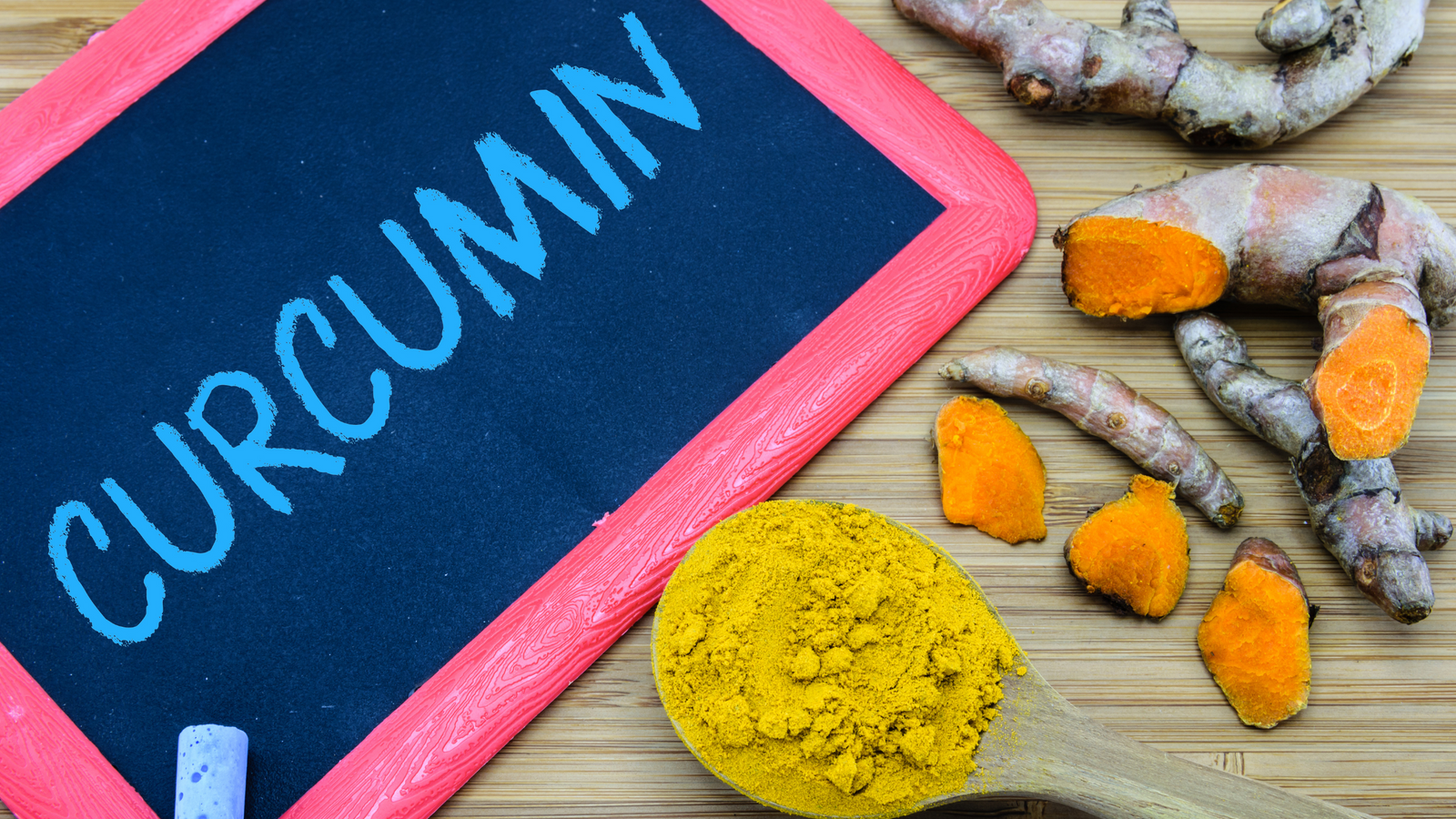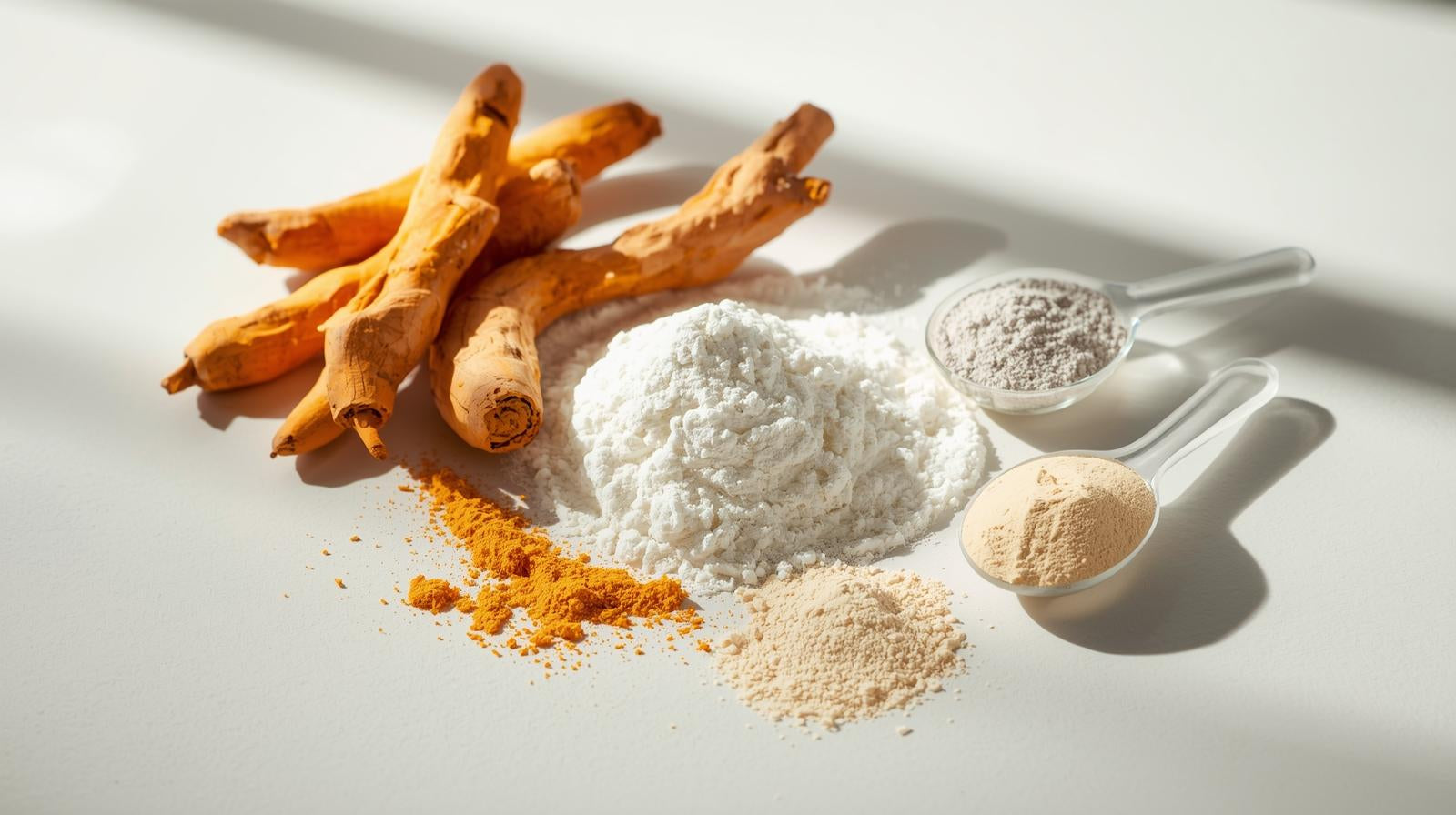To date, over a thousand clinical studies have been done on curcumin, the active compound found in turmeric. According to research, Curcumin has been shown to have anti-inflammatory and antioxidant properties which make it such an interesting topic of study. Researchers around the world have wondered – and found some promising results – about curcumins power to fight such diseases as arthritis, certain cancers, neurological disorders, obesity, diabetes, heart disease, and gastrointestinal diseases.
But how safe is curcumin?
The cumulative answer based on the results of all of those aforementioned studies is that curcumin is safe to take and well tolerated in doses up to 8 grams per day.
But taking 8 grams of curcumin per day is a rather absurd idea. Turmeric is a spice – it’s usually added to recipes in pinches and dashes. 8 grams of curcumin would be about two teaspoons. Would you ever sit down and eat two teaspoons of pepper? Even spread across an entire day, that would be A LOT of pepper. You can think about doses of curcumin the same way.
What’s the recommended daily dose for curcumin?
No one has established a clear recommended daily dose for curcumin, but it’s estimated that people in India consume an average of 60 to 200 milligrams of curcumin per day as part of their regular diet. This is significant because people in India have a lower prevalence of neurological diseases like Alzheimer’s, and researchers think that curcumin may play a role in that (read full study here).
A Note About Bioavailability
Whenever you read a study about curcumin, “bioavailability” is a term you’re almost sure to come across. One quirk of curcumin (and turmeric) is that it’s actually hard for the body to absorb. Bioavailability refers to the rate at which a substance can be absorbed and processed compared to how much of the substance is consumed. Curcumin on its own has a low bioavailability.
Fortunately, researchers have established a few simple ways to boost the bioavailability of curcumin, helping it do more good in the body at lower doses.
Taking curcumin with animal fats, for example, boosts absorption substantially. So if you were to eat a pork or chicken curry, the fats in the dish would boost your absorption of the curcumin present.
If you’re not a big curry fan, researchers have also found that eating some black pepper with turmeric boosts the bioavailability of curcumin dramatically. Piperine is the active compound in black pepper (just as curcumin is the active compound in turmeric), and researchers have found that combining piperine with curcumin boosts curcumin’s bioavailability by 2,000% compared to taking curcumin on its own.
Getting Your Daily Dose of Curcumin
We are big believers in the harmonizing benefits of curcumin, and that’s why we’ve made getting a daily dose simple and tasty with ZYN.
Our low-cal, low-sugar drink has 200 milligrams of curcumin in every bottle with a dash of piperine mixed in to boost bioavailability. Try a bottle today to get hydrated and start feeling the harmonizing effects that so many researchers have touted for decades.
*These statements have not been evaluated by the Food and Drug Administration. The products are not intended to diagnose, treat, cure, or prevent any disease.







